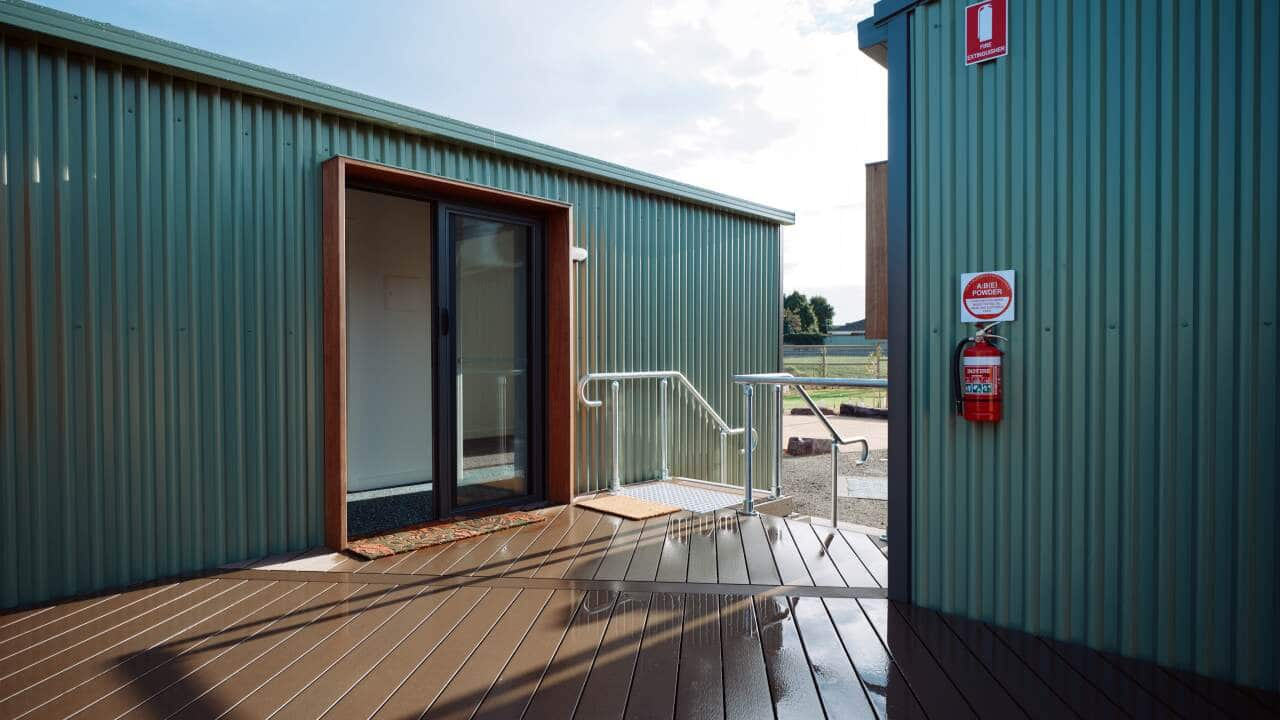In the quiet suburb of Midvale, Western Australia, a story of profound commitment and cultural significance unfolds. Lisa Kickett, a Wilyakali Barkindji Whadjuk Ballardong Noongar woman, and her partner Lizel Buckley, embarked on a journey last year that would forever change their lives and the life of their 2-year-old foster child.
As family carers in the Midland district, their story offers a glimpse into the complexities and rewards of foster care, particularly for Aboriginal children in the system.
Lisa and Lizel’s entry into the world of foster care was prompted by a family need.
Lisa’s family member, seeking respite from the constant demands of childcare, suggested that Lisa and Lizel be considered as family carers for a child under their care.
Eager to support their family, they embraced the opportunity, albeit with some trepidation.
"I think my biggest concern about becoming a foster carer was [that] I didn't really know a lot about it, or the process," Lisa recalls.
The Department of Communities’ procedures were unfamiliar, and those concerns were compounded by the complex history of Indigenous child removals in the state.
"Aboriginal kids are overrepresented in the system and we wanted to put our focus in supporting a child in need as best as we could."
Lisa’s apprehension extended to how her community might respond to their decision. Yet, the support they received from their community was overwhelmingly positive, providing much-needed reassurance..
From the moment they welcomed the child into their home, Lisa and Lizel’s lives transformed.

Lisa says having Aboriginal carers in the system is important for maintaining children's connection to culture.
"She teaches us just as much as we teach her," Lisa shares. "It's been great. She's lots of fun and just loving to see her smile and laugh is definitely rewarding as well.
Especially when she knows who we are now and she looks for us as well, which is really great."
The bond they have developed with the little girl is palpable. Lisa and Lizel's nurturing environment allows her to thrive, providing her with stability and love during her short stays. Their home has become a sanctuary where she can express herself freely and feel valued.
One particularly poignant experience for Lisa was taking the child to the Survival Day Rally, an event that acknowledges the British Invasion of Sovereign First Nations Lands, and celebrates the survival and resilience of First Nations people.
"That was really important, I think, just for her to see all the different mob," Lisa says. The usually shy child transformed in the presence of her community. "She just was like this ball of energy and ball of fun."
Lisa vividly remembers her foster child in an Aboriginal flag shirt, dancing with joy amidst the crowd. "Everyone kept stopping and looking at her and she just was in her element. She loved being there with community and seeing lots of people and loves music. That was probably my favourite moment."
Such experiences are vital for Lisa, who believes deeply in the importance of cultural continuity. Ensuring that the girl in her care remains connected to her heritage is not just a duty but a source of immense pride and satisfaction. It’s these moments that reinforce the profound impact of culturally aware foster care.
For those contemplating the path of foster care, Lisa offers heartfelt advice. "Just jump in, give it a go," she urges. While the journey may seem daunting, it is a reciprocal learning experience. "The child teaches you just as much as you can teach the child, so you sort of can grow together."
Lisa underscores the importance of community and support networks. Conversations with experienced carers, provided invaluable insights and eased their initial nerves. "Going and talking to other people that are foster carers just to sort of get their perspective on it as well," she advises.
A prevalent misconception about foster care is the belief that carers cannot form deep, loving bonds with children who are not biologically theirs. Lisa vehemently disagrees. "People might say, 'Oh, well, they're not really your child. So you might not really be able to love them if they were like your own child.' But for me that’s not the case. I've got so much love to give for all children."
The child has become an integral part of their family, embraced by a broad network of relatives who eagerly anticipate her visits. "We care for her. She's also built that within our family systems. They look forward to seeing her. She's got a big sort of crew around her."
Ensuring that the little girl remains connected to her biological family is also a priority for Lisa and Lizel. "The good thing with her is that she's still very well connected with her family, and we support that 100%," Lisa emphasises. This commitment to maintaining family ties underscores their holistic approach to care.
Lisa and Lizel’s journey as family carers in Western Australia is a testament to the power of love, cultural connection, and community support. Their story highlights the rewards of fostering and the profound difference it can make in a child's life.
As Lisa aptly puts it, "Just give it a go. You can only learn and grow from the experience." Their dedication and compassion serve as an inspiring example for others considering the path of foster care, demonstrating that with love and commitment, anything is possible.














